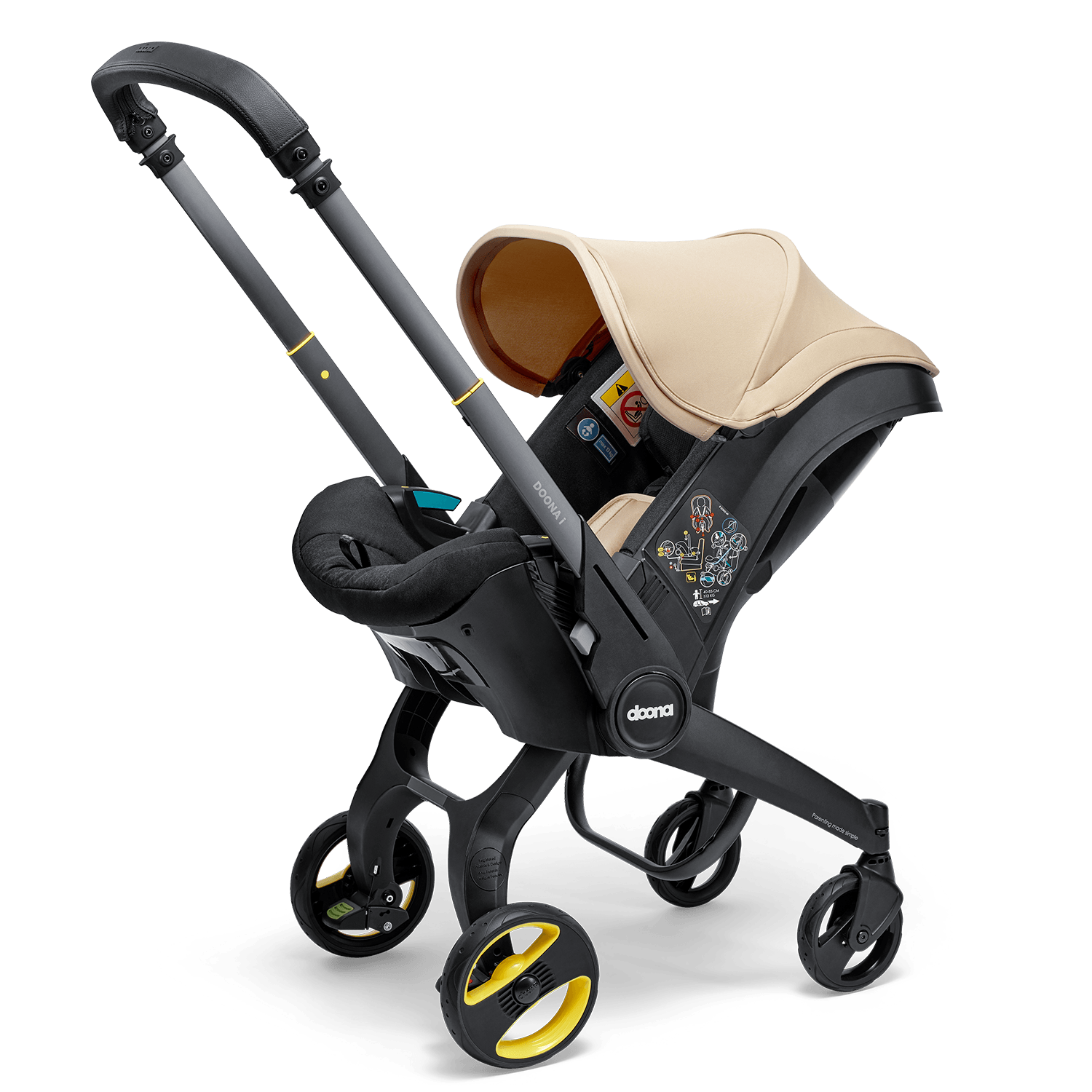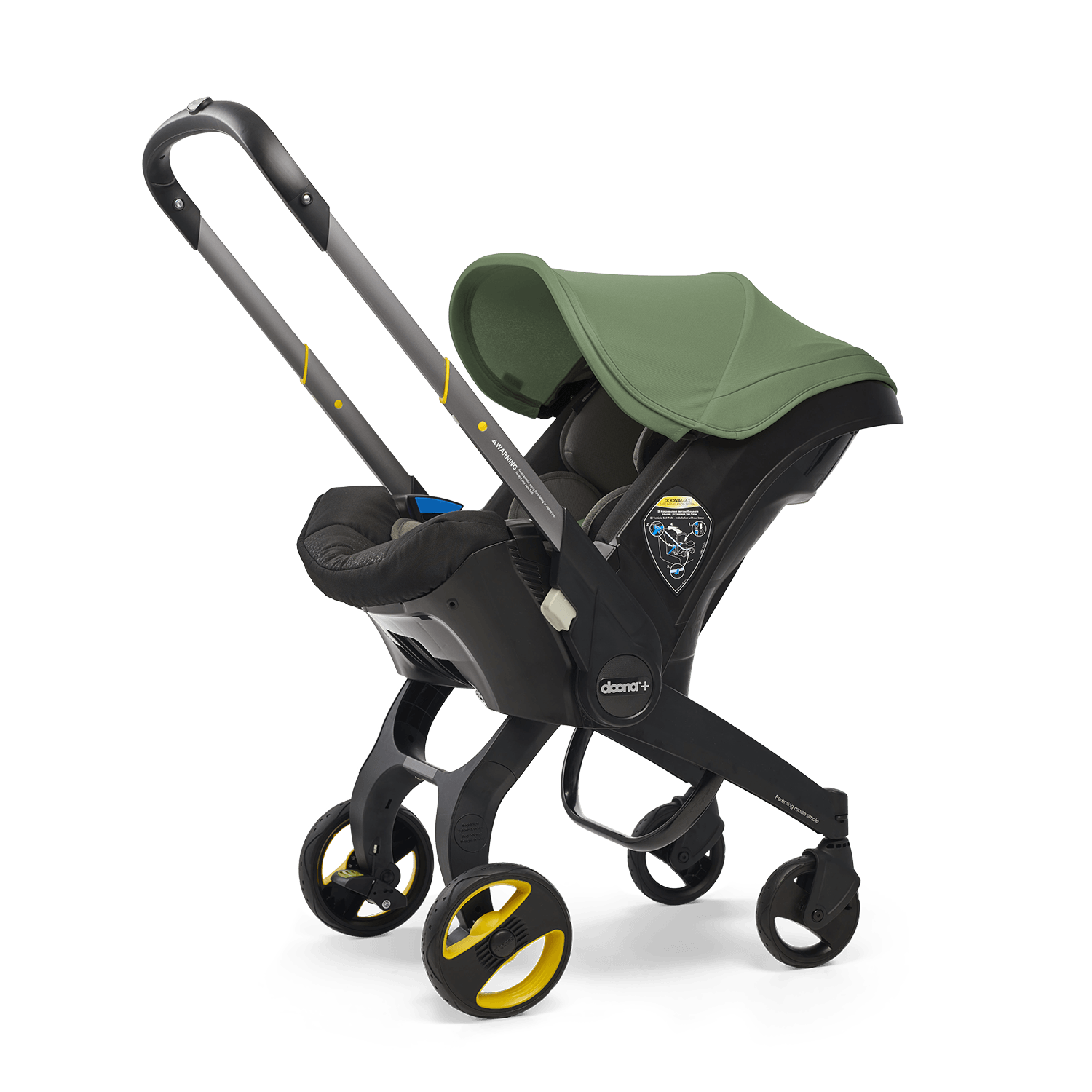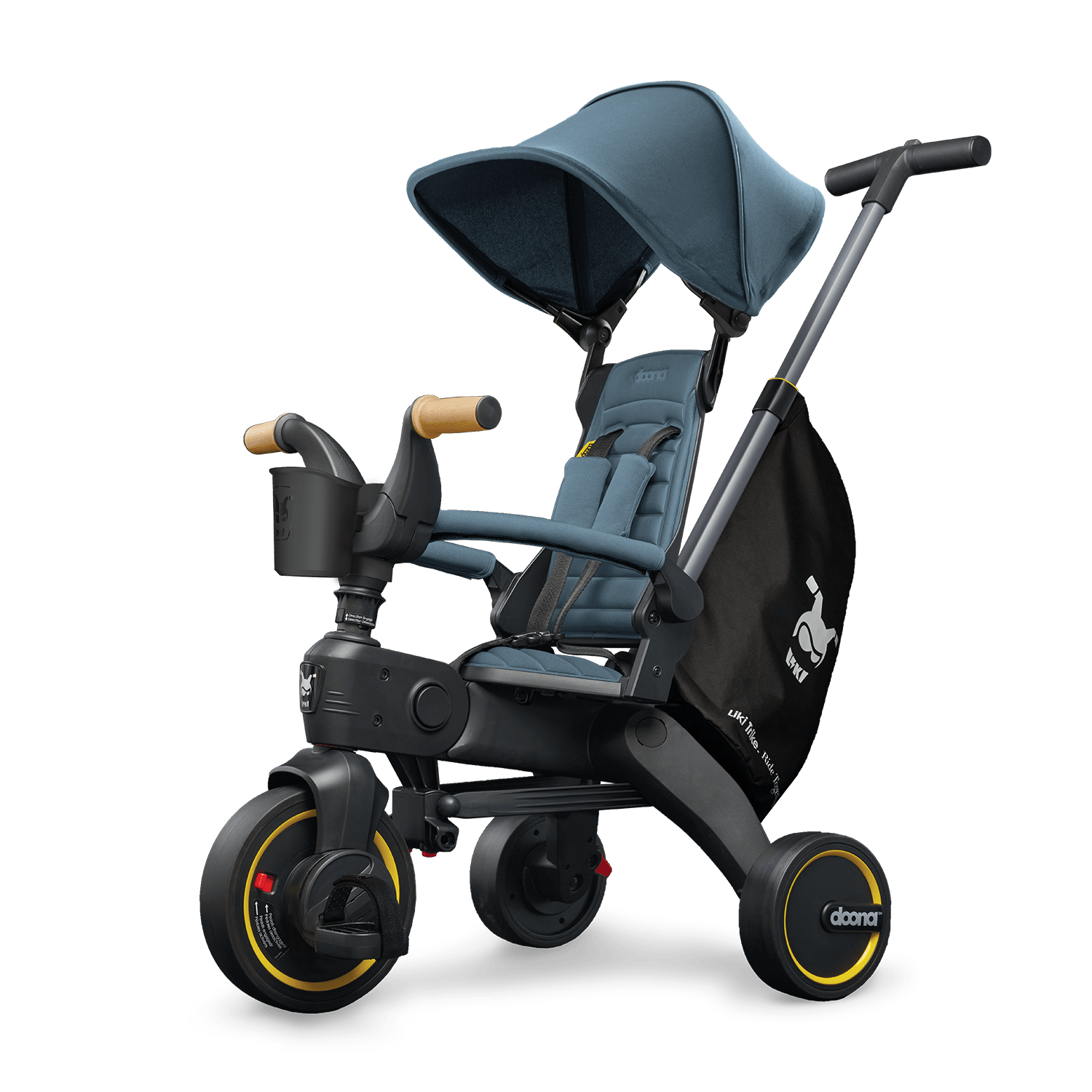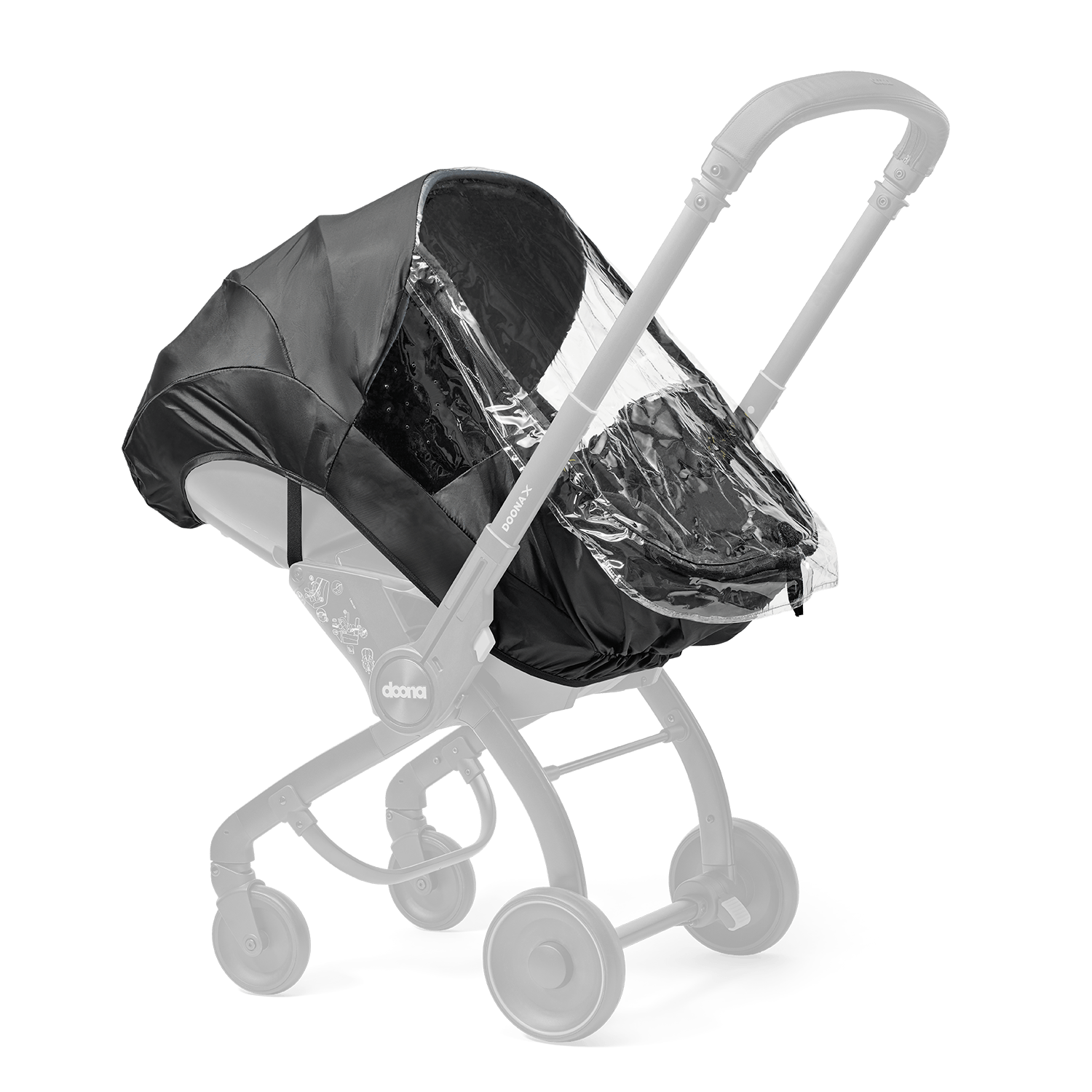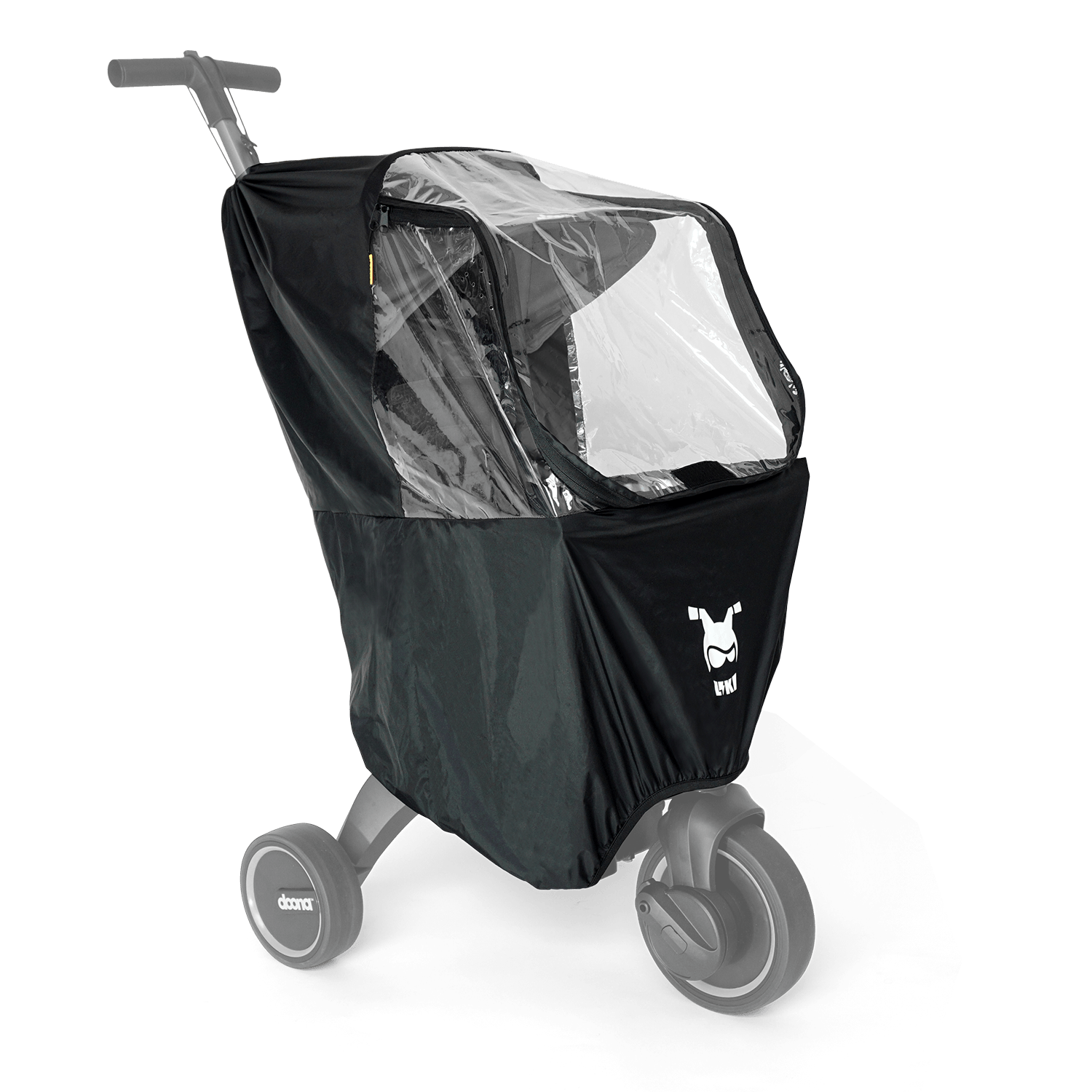Insights on baby and toddler sleep with Rachel Mitchell
In our latest Insight Series, we spoke with certified maternity and pediatric sleep specialist, previous night nanny, parent educator, and mom of seven, Rachel Mitchell! Rachel shares her unique approach to sleep training, expert tips on sleep regression, the impact of quality sleep, and how to prioritize more sleep for the whole family. As the founder and owner of My Sweet Sleeper, she also shares how she provides parents with professional support in developing healthy sleep habits for their little ones. Keep reading for Rachel’s expert advice on improving your little ones’ sleep!
Can you share what inspired you to become a maternity and pediatric sleep specialist and start My Sweet Sleeper?
After having my first son 14 years ago, I remember leaving the hospital feeling so in love, but also a tad overwhelmed because as a young mom I really didn’t know what I was doing. Thankfully, I had the support of many close family members, but things like feeding around the clock and getting my baby to sleep were not areas I felt really confident in.
While I did receive quite a bit of support with breastfeeding in the hospital, there was little to no discussion about sleep, so this led me to do a lot of research on my own. Thankfully, my little guy was a pretty good sleeper, but terms like awake windows, sleep pressure, and circadian rhythm, basically felt like a foreign language as I was learning about the best ways to support my son’s sleep patterns.
As I started doing more research I became fascinated with pediatric sleep and with learning more about the impact of quality sleep, especially for children. This was also around the time that I had decided not to go back to my corporate job. I knew juggling newborn life and working 60 hours per week was not what I wanted to do, so I was seeking other opportunities at the time. Once I started doing more research and found a certification program, I knew this was something I wanted to pursue. I jumped right in and never looked back!
"Whether we are working with pregnant women, babies, toddlers, or older children, we always address the core foundations of sleep first, in order to figure out what the root cause is."
Your approach is responsive and instinct-based. Can you explain how it differs from traditional sleep training?
When I first started in the field of pediatric sleep, I knew my own beliefs about sleep didn’t align with cry-it-out methods or a lot of the more prescriptive sleep training methods I had read about. Personally, I never felt comfortable allowing my baby to cry, and I vowed not to recommend something to parents that I wouldn’t actually do with my own children.
While I initially took more of a “sleep training forward” approach, over the years — as I worked with more and more children and gained more experience and knowledge — I realized that sleep training is often not needed to address the root cause of sleep issues. While sleep training focuses more on an applied method to dealing with sleep challenges (such as early risings, frequent night wakings, short naps, etc.), our approach is focused on getting to the root of the issue.
Whether we are working with pregnant women, babies, toddlers, or older children, we always address the core foundations of sleep first, in order to figure out what the root cause is. These foundations range from nutrition and activity, sleep environment, routine, sleep schedules and awake windows, and ruling out red flags such as underlying concerns like allergies or medical issues we need to refer out for.
When we address these areas we are often able to eliminate a lot of the issues present, and sleep training isn’t needed. However, we still offer parents support when it comes to managing night wakings and other sleep challenges, and we always encourage them to respond to crying and comfort their children based on what works for them individually. We also focus a lot on the child’s temperament and understanding that babies’ temperaments play a huge role in how well they sleep and how they respond to certain approaches.
What are some of the biggest misconceptions about baby and toddler sleep?
One of the biggest misconceptions I see in the sleep world is not understanding what the developmental norms are for pediatric sleep. We put a lot of pressure on parents to get their babies to “sleep through the night” so early on, and I find that parents feel guilty about doing things like rocking or nursing their babies to sleep, when these approaches are completely natural and healthy.
A lot of my work with parents is educating them about developmental milestones and averages when it comes to sleep so we all have realistic expectations about where their baby should be sleepwise. For example, research shows us that it isn’t until 12 months that most babies are consistently sleeping through the night, yet a lot of parents feel pressured to sleep train at four or five months. Unfortunately, some of this is due to the lack of parental support in our society, but I do think it is important that we take some of these pressures off and provide more education around what is normal developmentally for babies and toddlers.
"A lot of my work with parents is educating them about developmental milestones and averages when it comes to sleep so we all have realistic expectations about where their baby should be sleepwise."
How has being a mom of seven influenced your unique approach as a sleep specialist?
Being a mom of seven has given me the opportunity to realize just how different all of my children are. While many of them have similar characteristics, they all have their own unique temperaments and traits, which influence how they respond to our approaches in parenting and sleep. For example, four of our kids were naturally amazing newborn sleepers, while three of them were much more challenging.
Also, just because I am a sleep specialist, doesn’t mean I’m immune to sleep issues, and I find this allows me to relate with families who are struggling. I’m a mom first, and as I mentioned earlier, I would never ask my clients to do something I wouldn’t do with my own children. I try to filter all of my guidance through this lens and ask myself if I would take the same approach with my own kids.
Many parents worry about creating ‘bad sleep habits.’ What is your perspective on this?
I hear this so often and it honestly makes me sad! I think it is really important for parents to understand that holding their baby often, rocking to sleep, nursing to sleep, responding to their baby’s cries are all really GOOD things – not bad habits. These are instinctual approaches that parents have followed since the beginning of time and parents shouldn’t feel bad for doing this.
On the other side of the coin, it is totally fine for parents to want to shift away from certain habits and routines and try something else, and this is where we come in! For example, if mom is nursing for every wakeup and this is no longer sustainable, we can help bring in other ways of soothing and work on consolidating feeds. Honestly, outside of unsafe sleep practices and lack of routine or structure, there are very few “bad” sleep habits. And actually, I find most “bad” habits are those that we have as adults!
Do you have any advice for navigating sleep regressions?
Sleep regressions are tough and they absolutely can have a significant impact on sleep. However, most of the periods that are labeled “regressions” are actually progressions that are in line with children learning new skills or reaching developmental milestones.
The term regression, refers to a “returning to a former or less developed state,” but most of the time this isn’t what is happening. Some true regressions include: sickness, teething, separation anxiety, the birth of a new baby, and travel regression.
When dealing with these regressions it is important for parents to have a really consistent routine and sleep patterns, to help support their child through a regression. What I often see is that parents might panic a bit and change things from night to night which can cause further regression.
Returning to those core foundations (sleep environment, nutrition, routine, and sleep schedule) are really important during regression to ensure children are set up for sleep success. It’s also important to remember that this is a short time period that WILL pass and is a normal part of development.
"Often parents have routines set for their children but not for themselves and this absolutely impacts the family dynamic."
For parents dealing with prolonged sleep issues with their kids, at what point do you think they should seek professional help?
There are definitely some red flags that do sometimes come up with my clients and it’s important to rule those out if sleep issues have been going on awhile. These can range from tongue ties, reflux symptoms, ear infections, allergies, sleep apnea, and anything else that needs to be addressed medically. When I find that addressing foundations long term also doesn’t improve sleep at all, I will suggest parents speak with their medical provider to perform necessary testing as well.
What are some simple and practical ways parents can prioritize sleep for the whole family?
Having a bedtime routine and bedtime for the whole family is key! Often parents have routines set for their children but not for themselves and this absolutely impacts the family dynamic. This is especially true if parents go to bed too late and aren’t getting enough sleep which impacts their energy levels when responding to night wakings as well. Setting boundaries around screen time, encouraging outside play, prioritizing healthy nutrition, and setting a morning routine are also ways to prioritize sleep as a family unit.
What can parents expect from working with you in a 1:1 session or class?
At My Sweet Sleeper we offer a variety of support options from helpful articles to digital classes, and one-on-one consultations. For parents looking for more of a DIY approach, our digital classes are a great option. Each class has four to five video based modules that cover a variety of sleep topics and challenges, plus a 40-50 page pdf to reference and follow along. We offer a maternity, newborn, four-12 month, and toddler class, which are all great budget-friendly options!
For parents that have a more complicated or unique situation with their child (such as trying to transition from bed sharing), I usually recommend a one-on-one consultation. These options range from hourly sessions to a two or four week support package. In our one-on-one sessions we perform a full intake, a written sleep plan, and continuous support based on the selected time frame.
When working with us, parents can expect an individualized approach rather than a one-size-fits-all, as well as our expertise to help them get to the root of their child’s sleep issues. Our goal is for parents to feel equipped with the tools to approach sleep issues well after our time together!
If you could give new parents one piece of sleep advice, what would it be?
While easier said than done, try not to compare your child’s sleep with any other child. Children have unique temperaments, personalities, and sleep patterns. Your child is not going to be where another child is developmentally and that is true for their sleep habits as well. You know your child best and you were given parental instincts for a reason so lean into those when you feel stuck with your child!
Rachel Mitchell is a certified maternity and pediatric sleep specialist, parent educator, and mom of 7. She is the founder and owner of My Sweet Sleeper, a business providing virtual sleep classes and consultations for parents and expectant mothers looking to improve their family’s sleep. Stay connected with Rachel through her website, mysweetsleeper.com and Instagram handle @mysweetsleeper.
At Doona, we’re always trying our very best to make parenting simpler for every family. Which is also why we’ve created our innovative and revolutionary Doona Car Seat and Stroller which transforms from a car seat to a stroller in the click of a button; and Liki Trike — the most compact folding toddler trike on the market that grows alongside toddlers with five modes of use.

